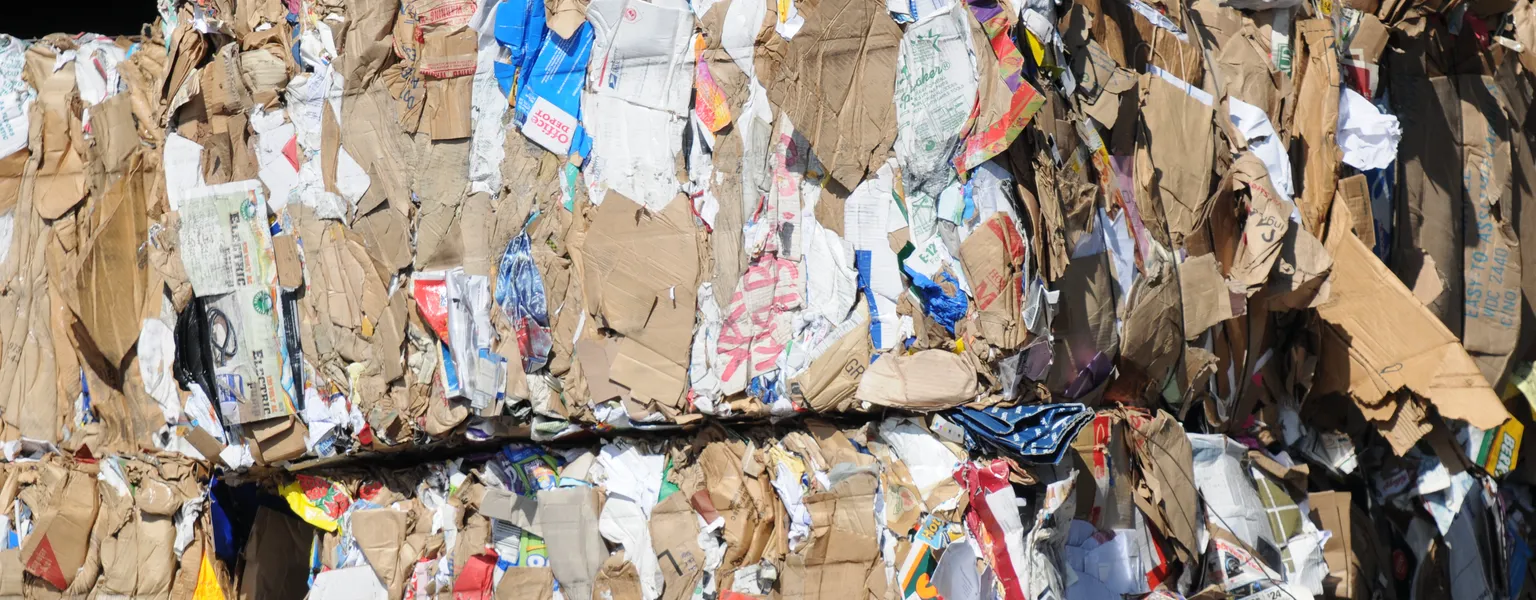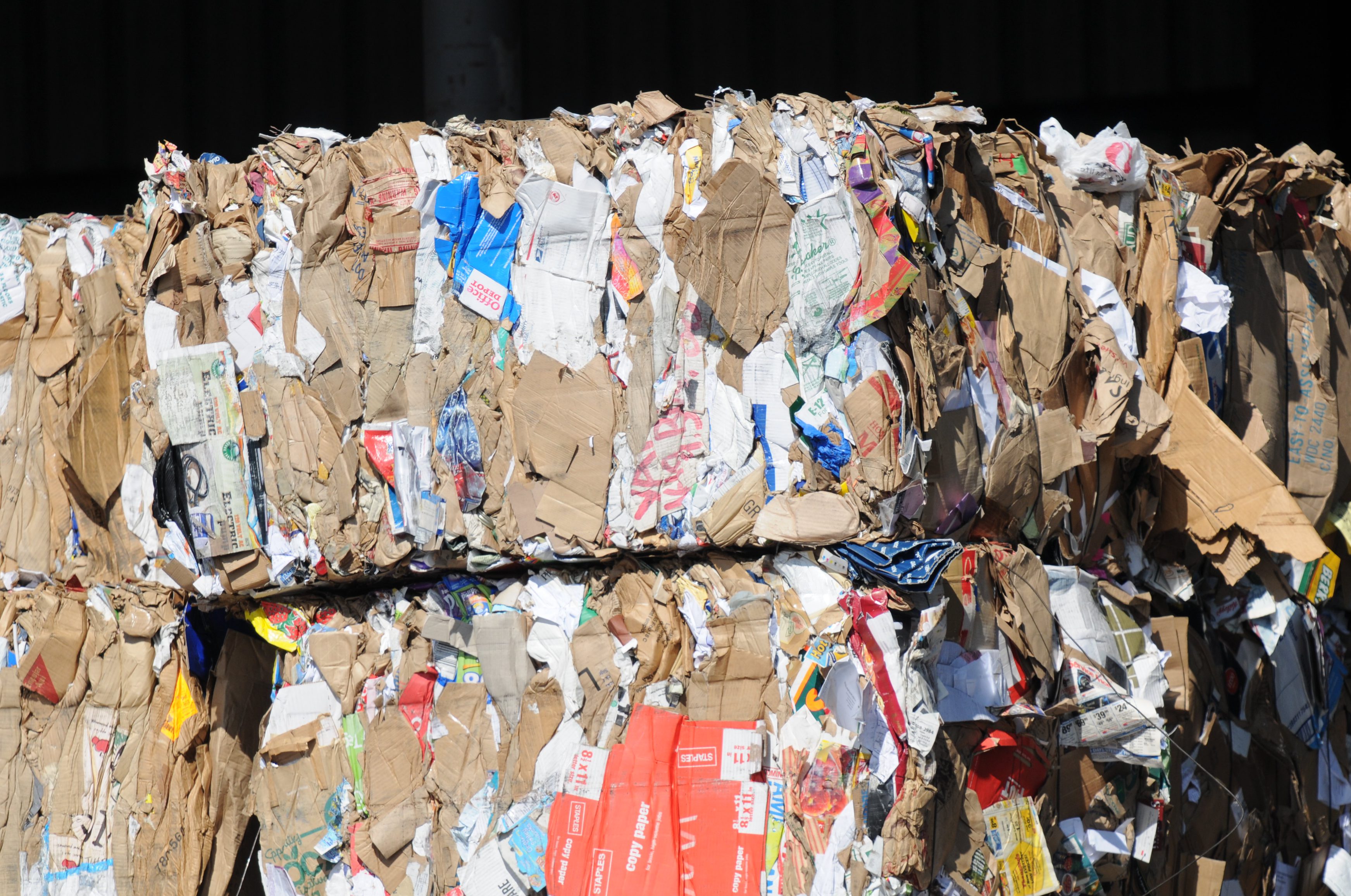The cost of recycling paper: Understanding the economics of a sustainable future

Sustainability
Recycling paper is a crucial step in reducing our impact on the environment. It saves trees, reduces energy consumption, and cuts down on waste. However, recycling paper also comes at a cost. While it may seem like a simple process, there are several factors that contribute to the price of recycled paper.
One of the most significant factors is the quality of the recycled paper. As the recycling process causes paper fibres to break down, the quality of the recycled paper decreases. This means that either a higher percentage of new fibres must be added, or the paper is down-cycled into lower quality products. Down-cycling is the process of using recycled materials to create products of lesser quality or value than the original product. For example, recycled paper may be used to make tissues, toilet paper, or cardboard boxes.
Another factor that affects the cost of recycled paper is the availability of raw materials. The demand for recycled paper is high, but the supply is limited. This is because not all paper can be recycled, and not all recycled paper is suitable for reuse. In some cases, the paper may be too contaminated or may contain too many impurities to be recycled.
The cost of recycled paper also varies by region. In Germany, for example, the price of recycled paper was €100/£49 per tonne in 2003. This was typical for the time, but prices have fluctuated since then. The price of recycled paper is influenced by many factors, including the cost of raw materials, energy prices, and labour costs.

Despite the challenges, the benefits of recycling paper far outweigh the costs. Recycling paper saves energy, conserves natural resources, reduces greenhouse gas emissions, and reduces landfill waste. In addition, it creates jobs in the recycling industry and stimulates local economies.
To ensure a sustainable future, it is essential that we continue to invest in recycling infrastructure and technology. By doing so, we can reduce our impact on the environment while creating economic opportunities and promoting a more sustainable future for all.
Related News
-
Sustainability
European carton industry achieves 24% reduction in carbon footprint
-
Sustainability
Jägermeister switches to corrugated board for its shipping boxes
-
Sustainability
Cepi: EU paper industry could save 50% energy with heat pumps
-
Sustainability
Tesco switches to recyclable cardboard packaging for laundry detergent pods




